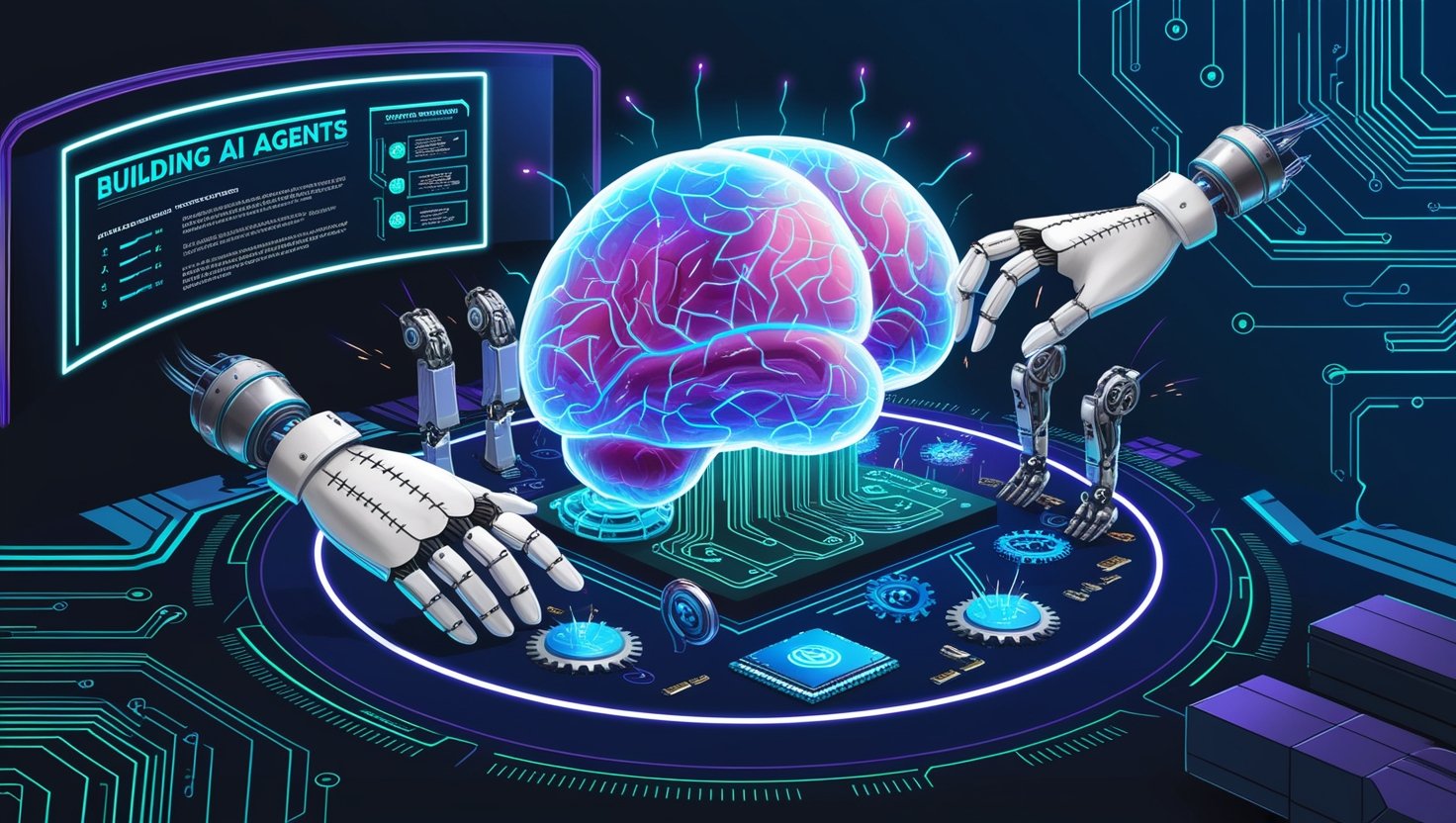AI Agents Will Be Manipulation Engines Introduction
Artificial Intelligence (AI) is revolutionizing industries, from healthcare to finance and entertainment. However, its increasing sophistication brings new challenges, particularly in the realm of influence and manipulation. As AI agents become more advanced, they pose the risk of evolving into manipulation engines—tools capable of subtly shaping human thoughts, behaviors, and decisions.
The Rise of AI Agents
AI agents, powered by machine learning algorithms and natural language processing, can analyze vast amounts of data and generate highly persuasive content. They are used in marketing, customer service, social media, and even politics. These tools are designed to predict and influence human behavior, making them invaluable for businesses. Yet, their potential for misuse cannot be ignored.
Examples of Manipulative AI Applications
-
Social Media Algorithms - Platforms like Facebook and TikTok use AI to keep users engaged by showing content aligned with their preferences. While this enhances user experience, it also creates echo chambers and spreads misinformation.
-
Chatbots and Virtual Assistants - AI-powered chatbots simulate human-like conversations to persuade users to make purchases or take specific actions.
-
Deepfake Technology - AI-generated videos and images blur the line between reality and fiction, enabling misinformation and propaganda.
-
Personalized Advertising - AI analyzes user data to craft hyper-personalized ads, subtly influencing purchasing decisions.
The Ethical Dilemma
The ability of AI agents to manipulate emotions and behaviors raises ethical concerns. Should AI developers prioritize profits over user safety? How can we prevent AI systems from being weaponized for malicious purposes?
Key Ethical Questions:
-
Transparency - Are users aware they are interacting with AI agents?
-
Consent - Do users consent to data collection and manipulation?
-
Accountability - Who is responsible if AI causes harm?
Safeguards Against Manipulation Regulatory Frameworks
Governments and international organizations must enforce regulations that ensure transparency, fairness, and accountability in AI deployment. For example:
-
Data Privacy Laws - Strengthen policies like GDPR to protect user data.
-
AI Audits - Regular evaluations of AI systems to detect biases and unethical practices.
User Education
Public awareness campaigns can empower users to recognize and resist manipulative AI tactics. Digital literacy programs should be integrated into education systems to prepare future generations.
Ethical AI Development
Tech companies must adopt ethical AI principles:
-
Explainability - Make AI decisions interpretable to users.
-
Bias Mitigation - Eliminate algorithmic biases through rigorous testing.
-
Human Oversight - Maintain human intervention in AI decision-making processes.
.svg)
.svg)

 For Instructor
For Instructor
